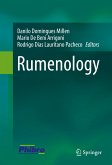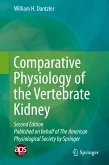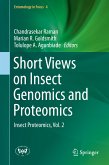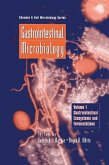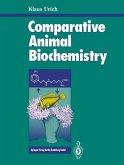This book encapsulates over three decades of the author's work on comparative functional respiratory morphology. It provides insights into the mechanism(s) by which respiratory means and processes originated and advanced to their modern states. Pertinent cross-disciplinary details and facts have been integrated and reexamined in order to arrive at more robust answers to questions regarding the basis of the functional designs of gas exchangers. The utilization of oxygen for energy production is an ancient process, the development and progression of which were underpinned by dynamic events in the biological, physical, and chemical worlds. Many books that have broached the subject of comparative functional respiratory biology have only described the form and function of the 'end-product,' the gas exchanger; they have scarcely delved into the factors and the conditions that motivated and steered the development from primeval to modern respiratory means and processes. This book addresses and answers broad questions concerning the critical synthesis of multidisciplinary data, and clarifies previously cryptic aspects of comparative respiratory biology.
Dieser Download kann aus rechtlichen Gründen nur mit Rechnungsadresse in A, B, BG, CY, CZ, D, DK, EW, E, FIN, F, GR, HR, H, IRL, I, LT, L, LR, M, NL, PL, P, R, S, SLO, SK ausgeliefert werden.





